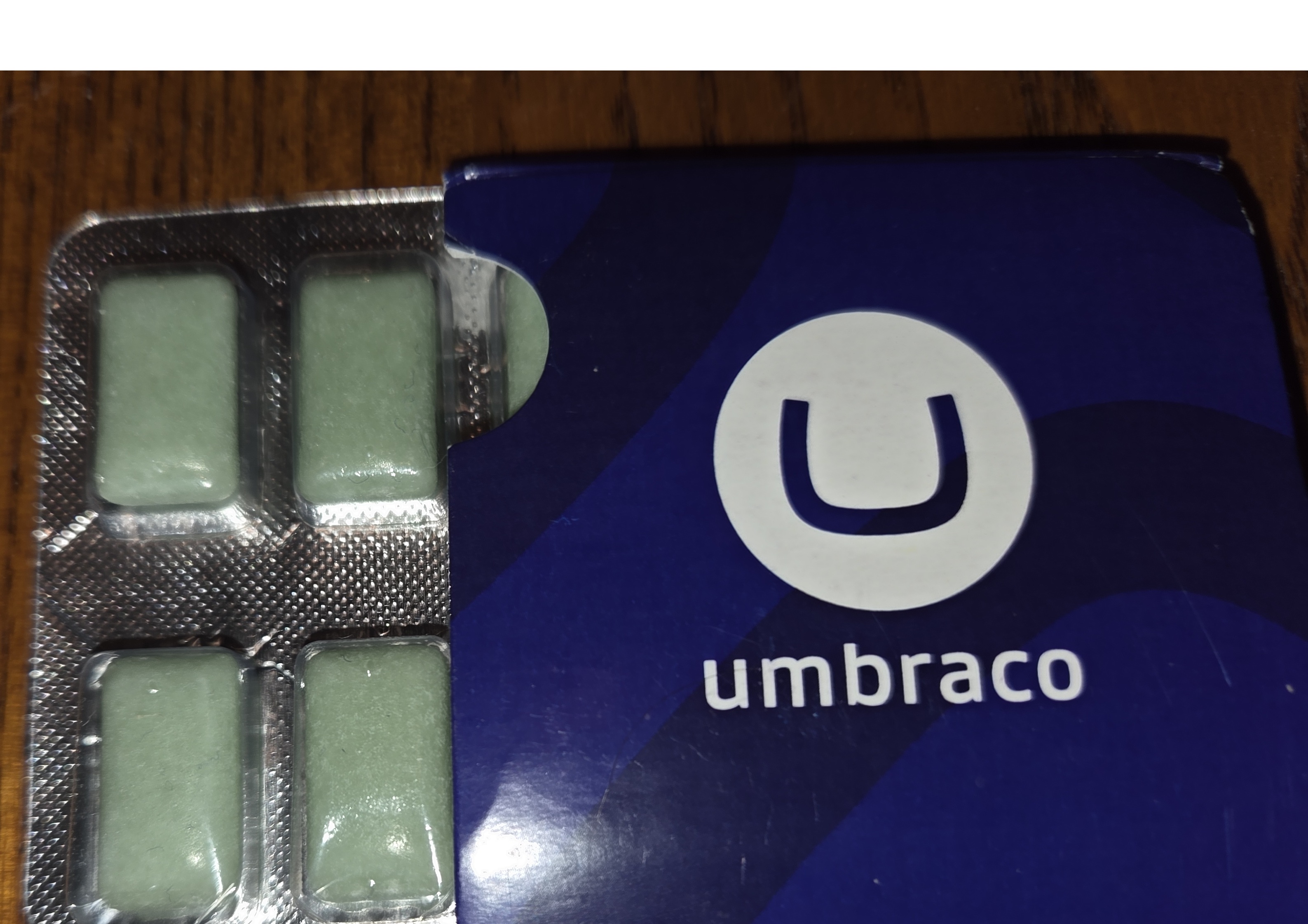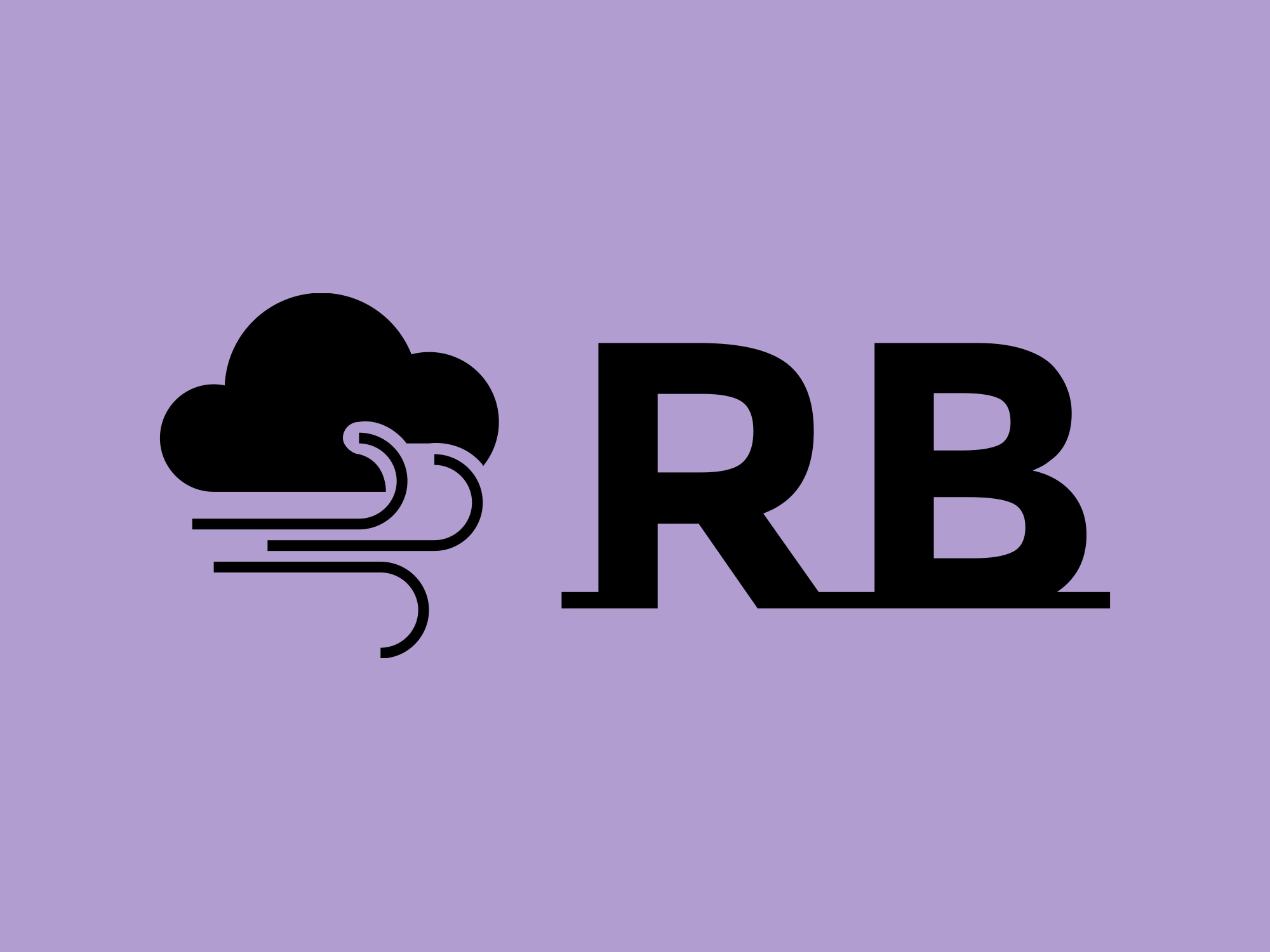"Do you want to give a talk?"
That was the question Mike Irving asked me back in late 2016, when he approached me about speaking at a local meetup, Macc Tech. It’s the kind of question that can catch anyone off guard. Meetups and conferences ask it all the time—sometimes through a friendly nudge, sometimes via a call for speakers on platforms like Sessionize.
My reaction? The colour drained from my face. "No", I said. "I have nothing to talk about."
Mike smiled and said."How long have you been a developer? Didn’t I see you tweeting about Hack Manchester all weekend?"
And just like that, I found myself giving my very first talk, in January 2017, at the Macc Tech meetup, in a pub in Macclesfield. The talk was about Hackathons. Was the idea terrifying? Absolutely. But with preparation, practice, and some friendly faces in the audience, once I got into the swing of it, there was nothing but me, the deck, and my notes. Since then, with the support of my friends, the community, and my colleagues at Nexer Digital, I have given more talks.
Since my first talk at Macc Tech, I've learned a few things that might help you avoid my mistakes (and the embarrassing gum-related incident we'll get to later).
Applying to Speak
Whilst applying to speak at a meetup is different from applying to a conference, both require preparation. For a meetup, get to know the organisers and attendees. For a conference, there is usually an application process.
In both cases, you will need a talk title and an abstract, and your abstract matters more than you think.
- Do not just write a throwaway sentence; write a clear description.
- Promise what you can actually deliver. Organisers dislike surprises.
- Think about what you would want to read in an abstract as an attendee.
- Does your abstract clearly set the expectations for what attendees will learn?
Timing is Everything
Your audience should walk away feeling they’ve learned something and not like they’ve been hit by a whirlwind or been short-changed by a talk that has finished far earlier than expected. Other tips include:;
- Practice your talk.
- Don’t overrun. People get restless, and organisers may cut you off.
- Don’t cram everything in. Cutting content is better than speeding through it.
- Time it. Learn shortcuts to skip sections gracefully.
And remember: if you forget something, no one will notice except you. If someone asks about it later, own it, that you cut if for time and if you have time and would like to offer the chance to explore the content that was cut.
Owning Your Knowledge
You don’t need to be the expert. Just frame what you do know. Try phrases like:
- "I’ve been using this part of the framework to tackle X…"
- "I’ve only been working with this for a few months, but here’s what I found…"
- "As a newcomer to this, one thing that surprised me was…"
No one knows your exact background. Own your perspective.
Live Demos (a.k.a. Risky Business)
Live demos make my palms sweat. They are tricky, but sooner or later you will need to demo your work to QA, a client, your product manager, or your team. The key is to get comfortable with being uncomfortable.
Tips for surviving live demos:
- Practice it relentlessly.
- Use a second device for notes because the screen the users see is usually behind you; a phone works fine if the venue only has a podium.
- Avoid GitHub Copilot live demos, record them instead. Copilot adapts to repeated practice runs and may behave unpredictably on stage.
And if something does go wrong? Lean into it. Audiences love helping debug.
Speaking Setup
Check with organisers ahead of time what the speaker setup will be:
- Can you use your own laptop? If so what cables are supported? Do you need a HDMI adaptor for your laptop?
- If your talk has sound, tell the organisers in advance.
- Empty your pockets. (Yes, I once dropped Umbraco-branded chewing gum on stage. Yes, there were raised eyebrows)

When It Goes Wrong (Because It Will)
It doesn't matter how many talks you've given something will go wrong at some point. For me, it was accidentally hitting the back button during a demo; suddenly everyone could see where I do my groceries shopping. I think the basket was empty. Mortifying? A little. Memorable? Definitely.
In communities like Umbraco and .NET, people are wonderfully supportive. They’ll cheer you on even if things wobble.
The bigger question is: what if it goes right? Because it is more than likely to go well, especially if you've prepared and practiced.
Feedback
- Plant a friend in the audience. A friendly face can calm nerves.
- Organisers often collect written feedback. Don’t obsess over the one negative comment especially if the rest are glowing.
How Speaking Helps You as an Employee
- Builds confidence.
- Sharpens your ability to prepare and research.
- Helps validate your ideas.
- Expands your professional network.
- And at almost all paid conferences, speakers get a free ticket; bonus!
Why Employers Should Encourage It
Speaking is great for companies too:
- Every talk puts your company’s name in front of a community of peers, partners, and potential hires.
- Supporting employees to share knowledge shows you value growth and innovation, making your company more attractive to talent.
- Speakers return with fresh insights, new connections, and lessons that can benefit the whole team.
- Employees who are supported to grow and represent the company feel valued and are more likely to stay.
Encouraging employees to speak isn’t a cost. It’s an investment; in people, reputation, and the future of the business.
Summary
From Mike’s slight nudge, I’ve been on a fantastic journey, making new friends, gaining confidence, and attending some great conferences.
So, if someone asks you the question: “Do you want to give a talk?”; why not say yes, and see where it takes you?
References
- HackManchester was an annual 25 hour Hackathon, held in Manchester, UK. Read more about it from Lee Englestone
- 8 Benefits of Public Speaking for Your Career
- So You Want To Speak At Software Conferences?
